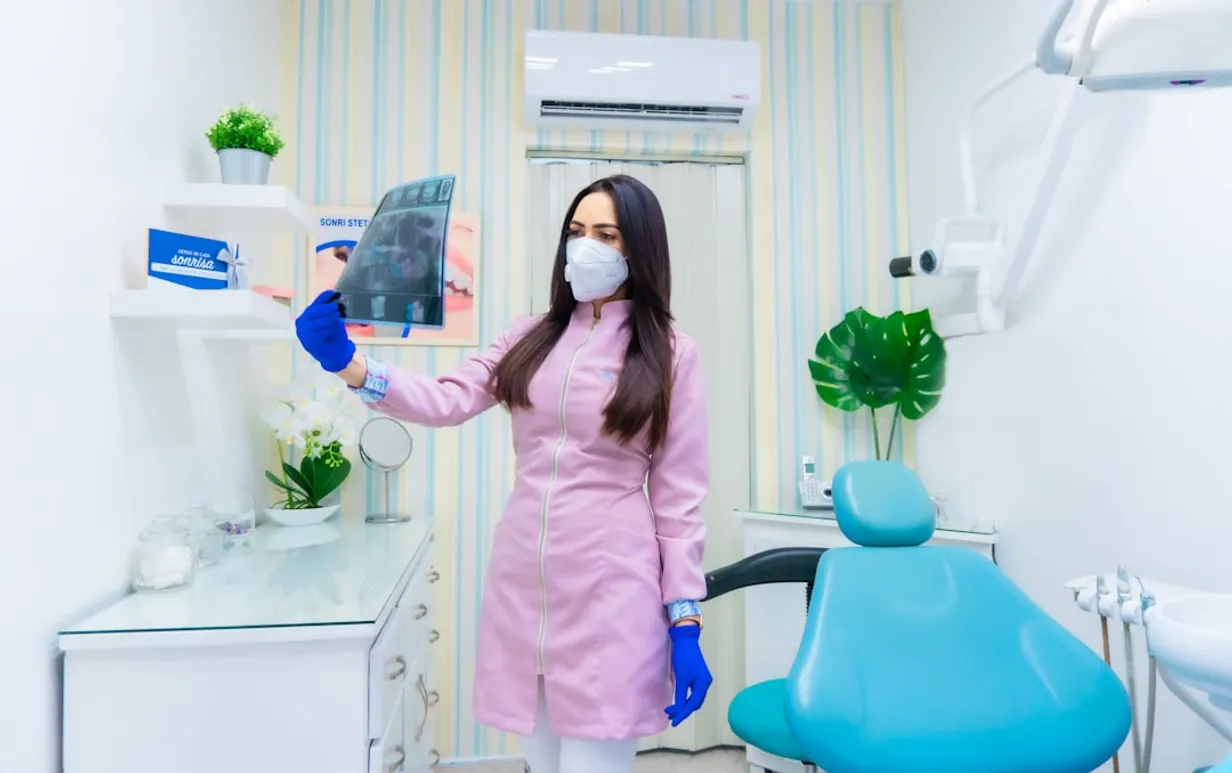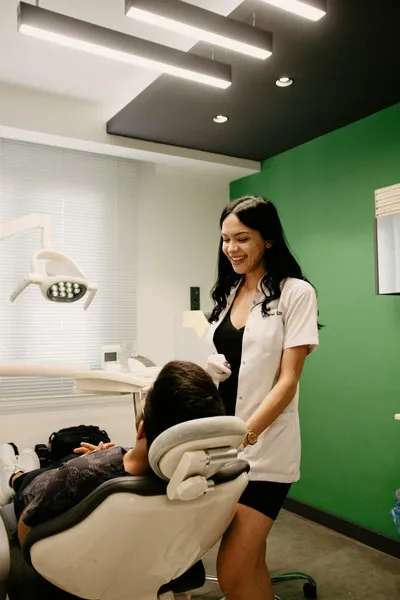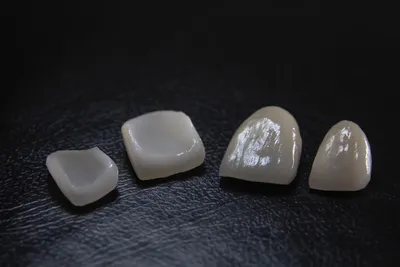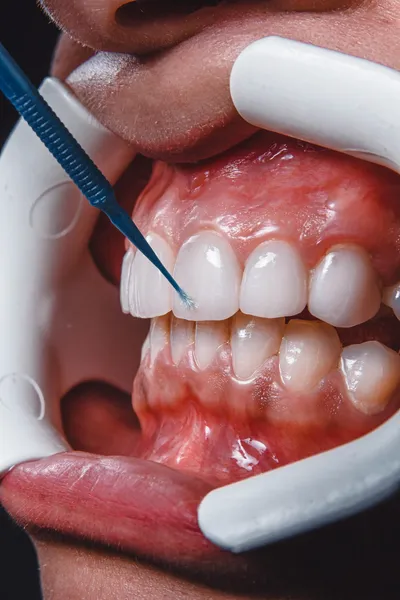End of Lease Flea Control for Full-Service Denture Clinics

Understanding the Need for End of Lease Flea Control
Flea control is often overlooked in dental settings, but for full-service denture clinics, maintaining a hygienic environment is paramount. As leases come to an end, ensuring that the space is free of any pests, including fleas, is crucial to passing inspections and providing a clean slate for the next tenant.
The Importance of a Clean Transition
For full-service denture clinics, the transition between tenancies is not just about tidying up—it's about deep cleaning to maintain a high standard of hygiene. Flea infestations can occur in any environment where people frequent, and it's vital to address these issues promptly to prevent damage to the clinic's reputation and comply with lease agreements.
Steps to Ensure Effective Flea Control
Efficient end of lease flea control involves several steps. First, a thorough cleaning of all areas, focusing on high-traffic zones. This includes vacuuming carpets, sanitizing furniture surfaces, and properly disposing of waste.
Professional Pest Control Services
Engaging professional pest control services ensures that fleas are effectively eradicated. These professionals use specific treatments tailored for clinics to ensure no chemical residues harm future patients or staff.
The Role of Full-Service Denture Clinics in Pest Control
Clinic management should incorporate flea control into their overall maintenance and transition protocols. Educating staff about signs of flea infestations and appropriate cleaning methods is also a proactive step.
Maintaining Hygiene Standards
Maintaining rigorous hygiene standards helps prevent flea infestations from occurring in the first place. Regular cleaning schedules, combined with a pest control plan, ensure that the clinic remains a safe and inviting environment.
Conclusion: Preparing for a Smooth Lease Transition
End of lease flea control is not a luxury; it's a necessity for full-service denture clinics aiming to protect their clients and uphold professional standards. By taking proactive measures and engaging professionals, clinics can ensure a smooth, pest-free transition when leases end.
Popular Dental Implant Articles
Check out our most popular articles on dental implants and dentures, trusted by our readers for reliable information.



